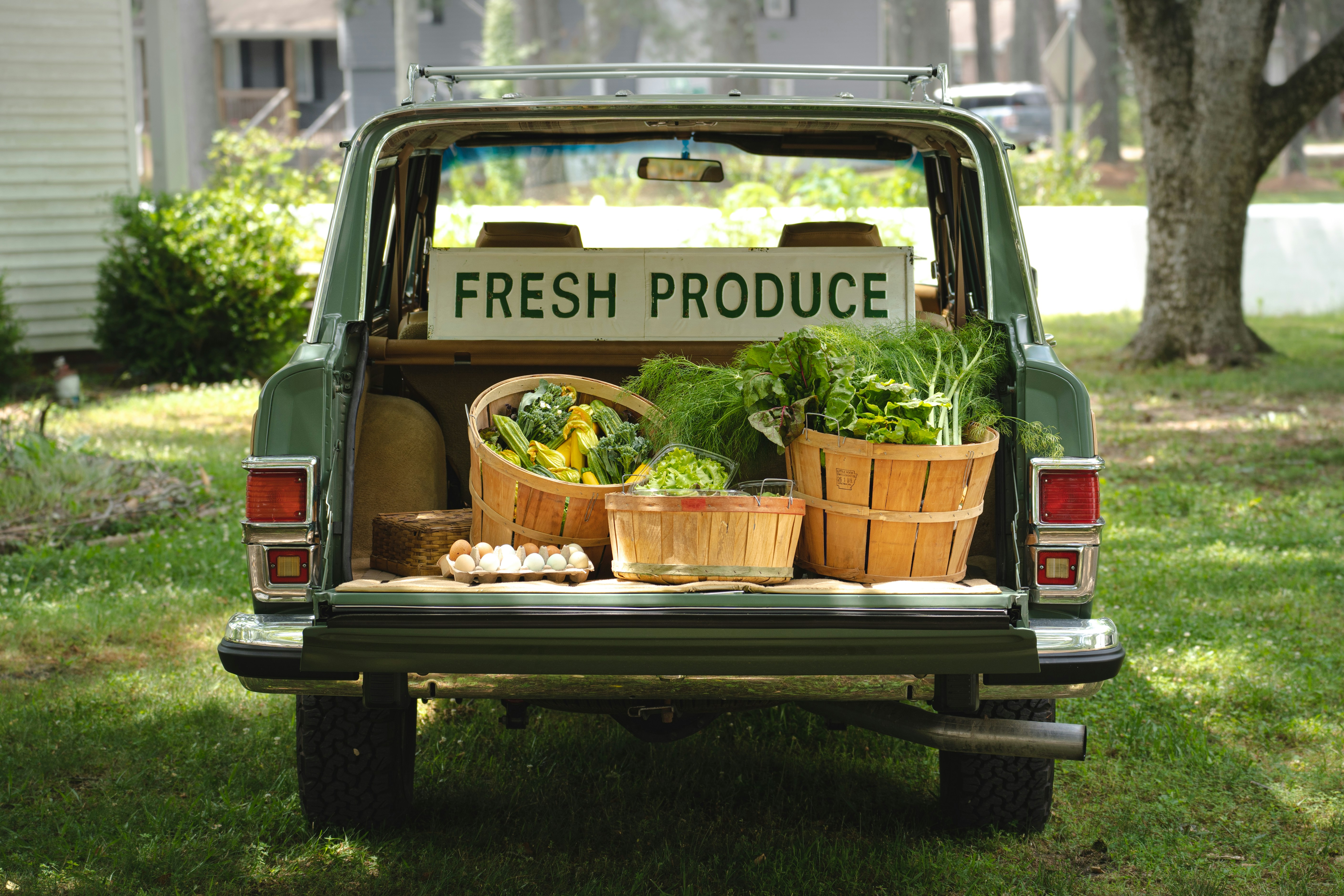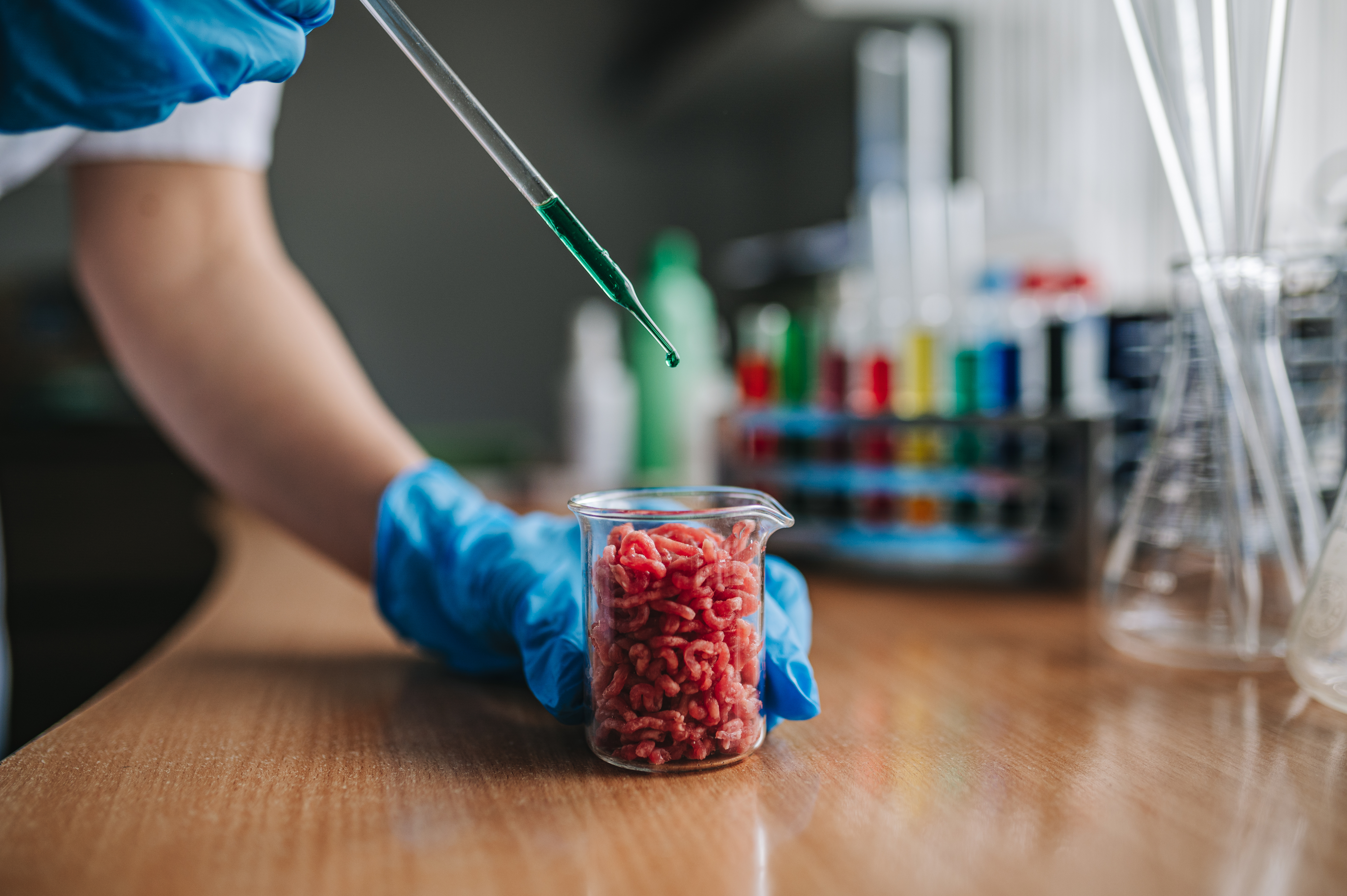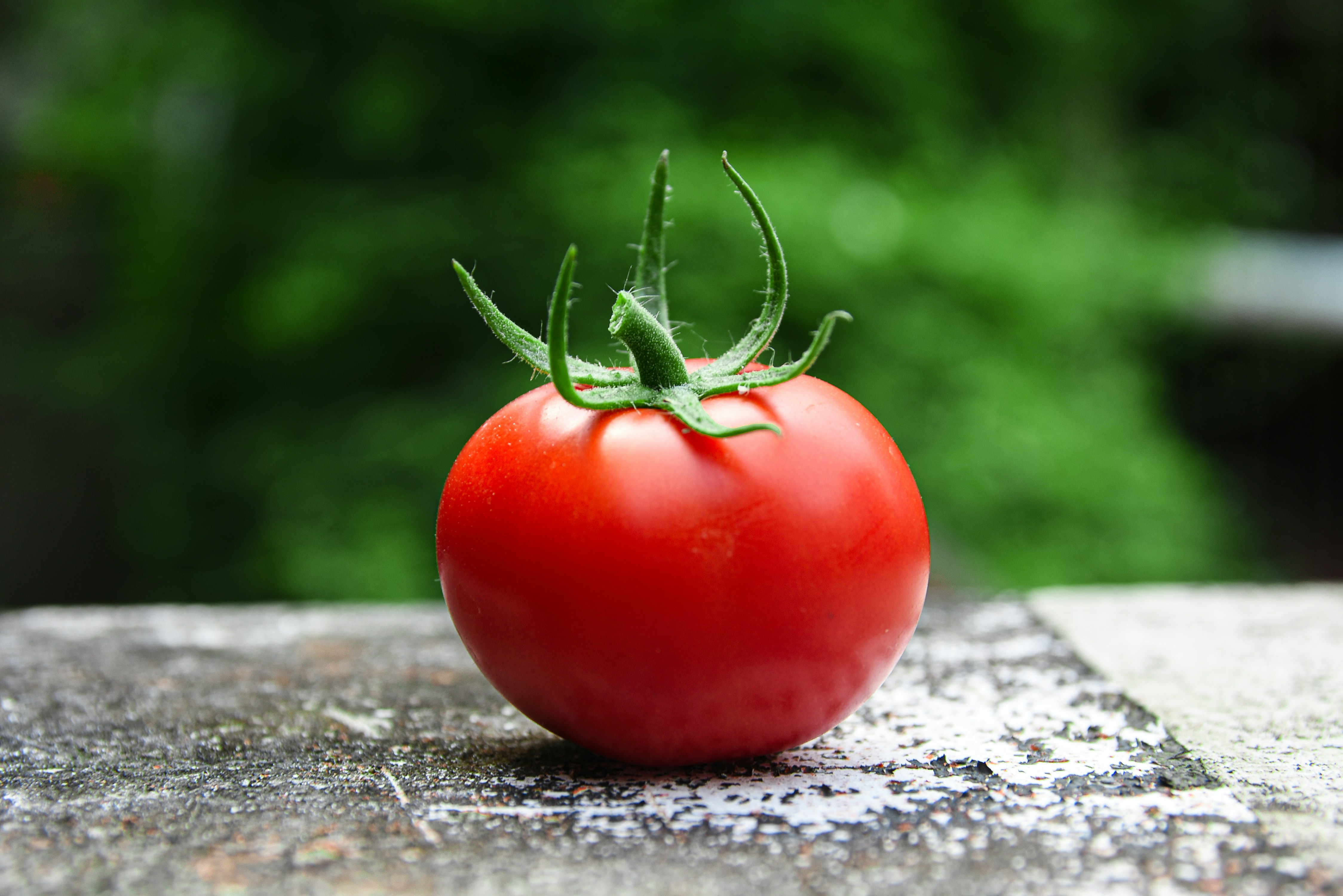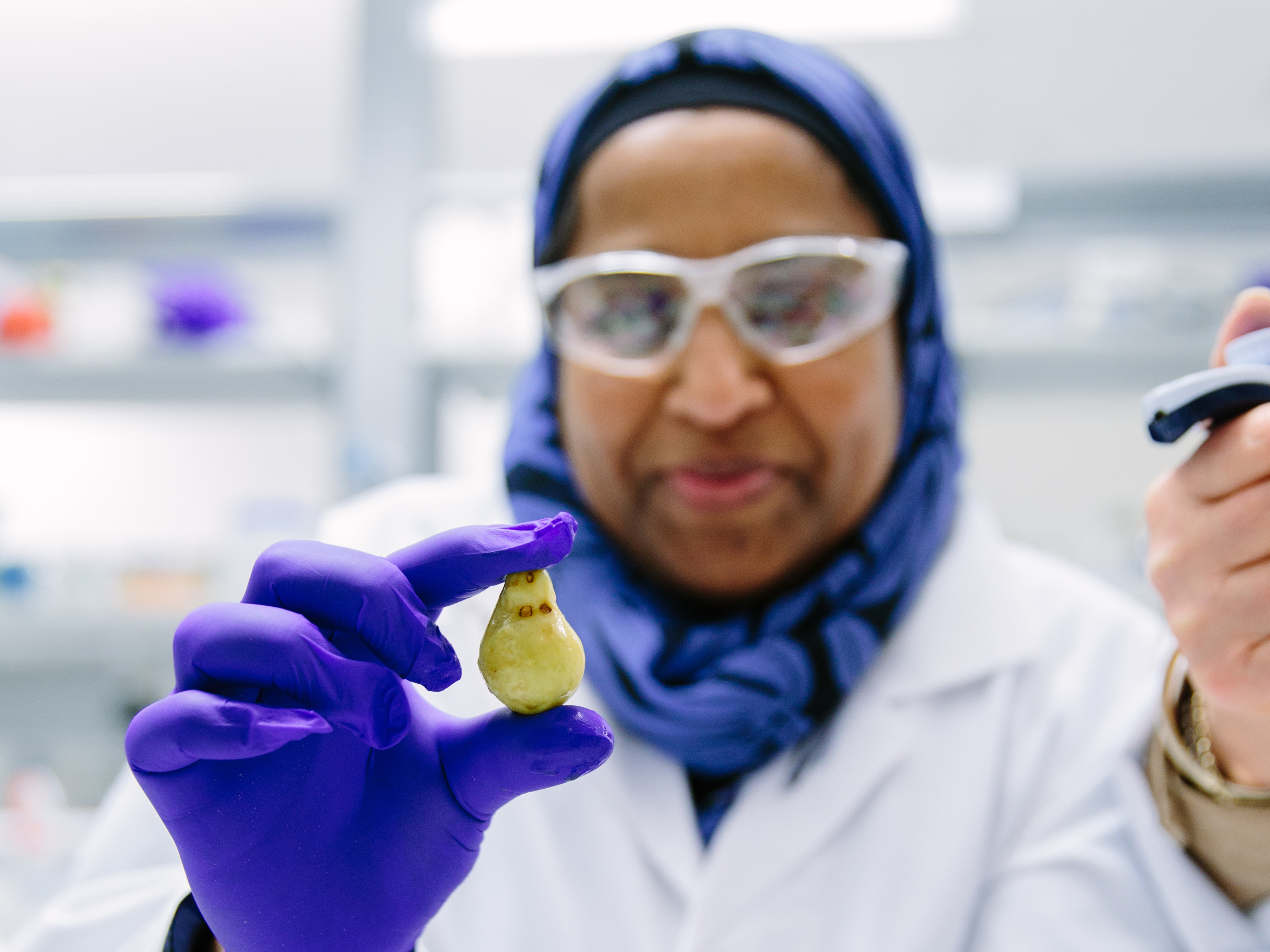We use cookies to improve your experience with Monash. For an optimal experience, we recommend you enable all cookies; alternatively, you can customise which cookies you’re happy for us to use. You may withdraw your consent at any time. To learn more, view our Website Terms and Conditions and Data Protection and Privacy Procedure.
Making food safer and sustainable
Published on October 16, 2024Greater investments in science, technology and innovative practices can transform food systems, and ensure steady supplies, nutrition, and access
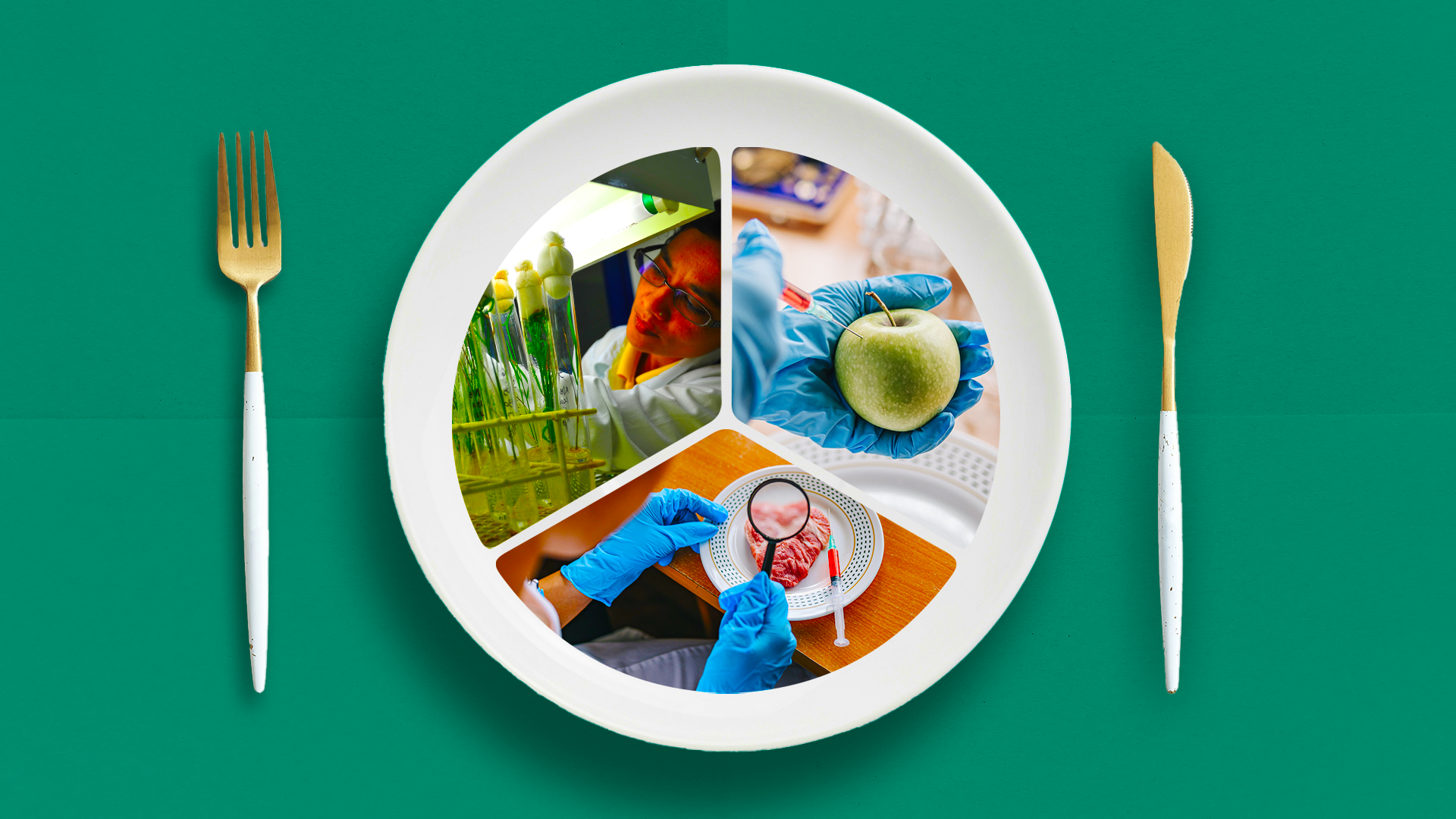 Demand for safer food has led to a shift from pesticides and chemical-laced agricultural production to cleaner, sustainable practices such as organic farming.
Demand for safer food has led to a shift from pesticides and chemical-laced agricultural production to cleaner, sustainable practices such as organic farming.
Greater investments in science, technology and innovative practices can transform food systems, and ensure steady supplies, nutrition, and access
It’s World Food Day on October 16 and the forecasts are grim.
The global food crisis ranges from the impact of climate change on crop production and food security, to access to proper nutrition and a rise in non-communicable diseases.
We are what we eat.
And in a post-pandemic world, with its heightened awareness of health vulnerabilities and food safety, we are more conscious of our dietary choices.
The demand for better and safer food has resulted in a significant shift in food production – from pesticides and chemical-laced conventional agricultural production to cleaner, more sustainable practices such as organic farming.
Research shows that consumer interest in organic foods has risen post-pandemic, driven by social media platforms such as Facebook, Instagram and TikTok.
Organic farming offers safer nutrition, even as it promotes biodiversity, soil conservation, and reduced greenhouse gas emissions.
Despite these advantages, organic farming has its flip side, too.
Rising demand for organic food has led to a parallel surge in antimicrobial resistance, especially in agriculture and livestock rearing.
This means severe food-borne illnesses, contaminated water sources, and endangered food security and livelihoods.
Innovative solutions such as nutraceuticals, or natural supplements derived from food sources with extra health benefits, can help mitigate some of these challenges.
More investments in science, technology and innovative practices can help transform food systems, and ensure steady global food supplies, nutrition, affordability and access.
Originally published under Creative Commons by 360info™.




